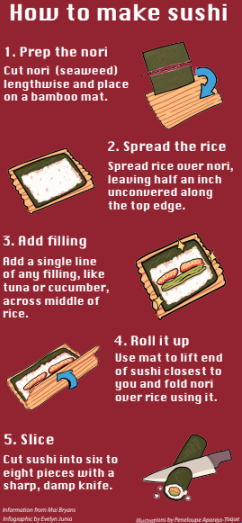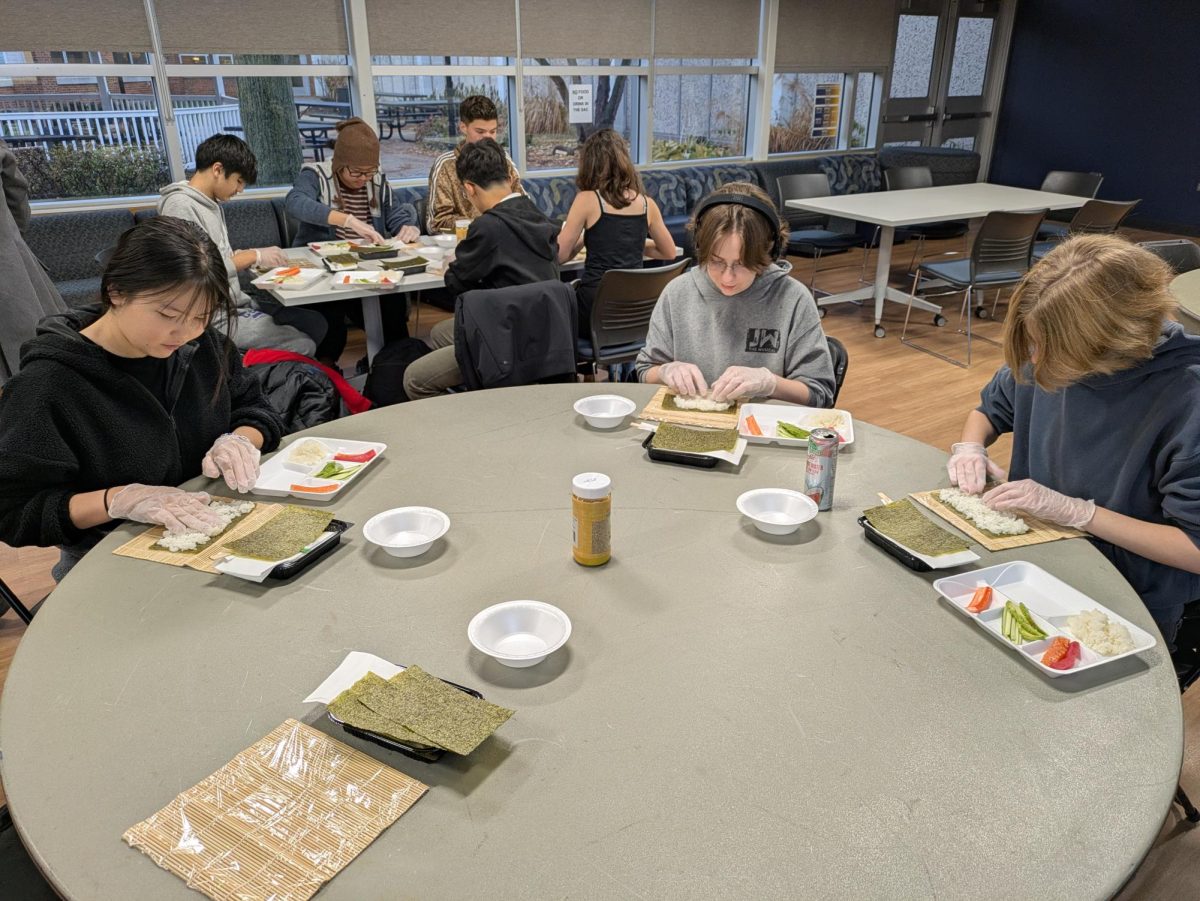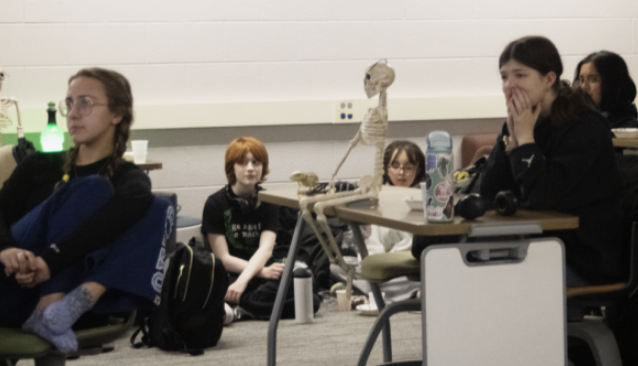On Nov. 29, 2012, Alex Campbell was sentenced to a life in prison for human trafficking. According to the Chicago Sun-Times, he was charged for harboring four illegal immigrant women and forcing them to act as sex slaves on his behalf. He took away their visas and used blackmail to get them to comply with him. Campbell did not pay these girls and barely provided them with the bare necessities. This man was from Glenview, Illinois – a staggering fact that demonstrates how human trafficking exists on a much larger scale than most are aware of.
Senior KK Kuramitsu attended a convention on human trafficking on Nov. 1-2 in Sunnyvale, California. Her brother Ryan Kuramitsu, a South graduate and a sophomore at the University of Illinois at Urbana-Champaign, and his three friends attended the convention as well. According to KK, it was sponsored by an organization called “Not for Sale,” whose goal is to end human trafficking.
“What I liked about the conference was that it told you about human trafficking, what was going on with that, but also offered solutions and ways to fix it or try to help the situation,” KK said. “[…] It encourages you to be proactive.”
KK learned from the conference that in the next few years or so, human trafficking will surpass drug trafficking as the biggest organization endeavor in the world.
According to Brett Tucker, a friend of Ryan’s and an attendee of the convention, the people who came to the convention ranged from middle-aged Americans to college students and young adults.
Different speakers spoke on stage, and there were booths where people interacted with those speakers by asking one-on-one questions.
“Personally, I really connected with the documentary filmmaker, [Mimi Chakarova],” KK said. “[…] She did a documentary called ‘The Price of Sex’ a few years ago, and it’s being shown all over the world. That was really interesting because we got to talk to her about it. The stuff she was saying really struck […] me. The stuff that she went through in order to expose human trafficking, sexual slavery and everything that she went through is pretty amazing.”
According to KK, Chakarova pretended that she was a prostitute in order to infiltrate the system and figure out how it operates. She wanted the buyer to think they were potentially going to sell Chakarova. KK said that even though Chakarova was not really in danger at any point, the fact that it could have happened to her or that it is happening to millions of women all over the world is scary to think about.
As for Tucker, his favorite part of the convention was seeing people unite as one group and fight against human trafficking.
“A speaker during one of the sessions proclaimed that when it comes to slavery, ‘The victims can’t walk away, and neither will we,’” Tucker said. “It was during that point that I, along with several others, saw how we had to come together. People’s lives were at stake. Unity is more important than all we let divide us. Seeing those walls break down was a truly amazing experience.”
According to Ryan and KK, it is important to identify and support fair-trade
approved stores, which are stores where the workers have rights and the working environment is clean and free from issues like child labor.
One of the most important lessons Tucker took away from the conference was the humanitarian side of human trafficking.
“I learned about how ordinary people can reach out in love and begin to restore hope,” Tucker said. “We can do it every day, in the choices we make and ways we think about people. With our lives, we can bring redemption to others. Biggest take-away: Slavery is […] a multi-faceted issue that sparks a lot of debate. But as long as we can all agree that slavery has no place in today’s world, that’s enough to keep us moving forward.”
KK, Ryan and his friends are hoping to make a difference by getting the word out about human trafficking. KK is thinking about starting a club about human trafficking awareness at South. She is also considering doing a TV or PSA announcement at school about her experience at the conference.
“I’ve been trying to tell people [but] it’s hard to get the word out about this, and you need to have enough people who are really committed to it,” KK said. “I don’t think a lot of people are [aware]. “
According to Tucker, Ryan and the others who went on the trip decided to start an organization on the University of Illinois campus in hope of raising awareness about the issue.
“We call ourselves ‘Carry The Fire,’” Tucker said. “Our goal is to ignite a spark in communities all across campus. Hopefully that spark will grow into a burning passion to take a stand on the issue of slavery. From there we plan to offer various avenues that allow students to activate on their passion. From conscious consumerism, to micro-lending, to simply changing the way we think about the world around us, we aim to make social activism an integral part of campus culture.”







